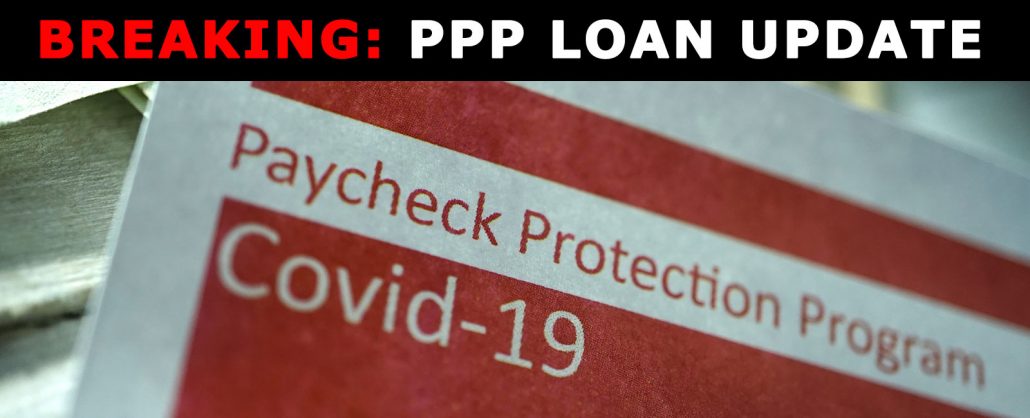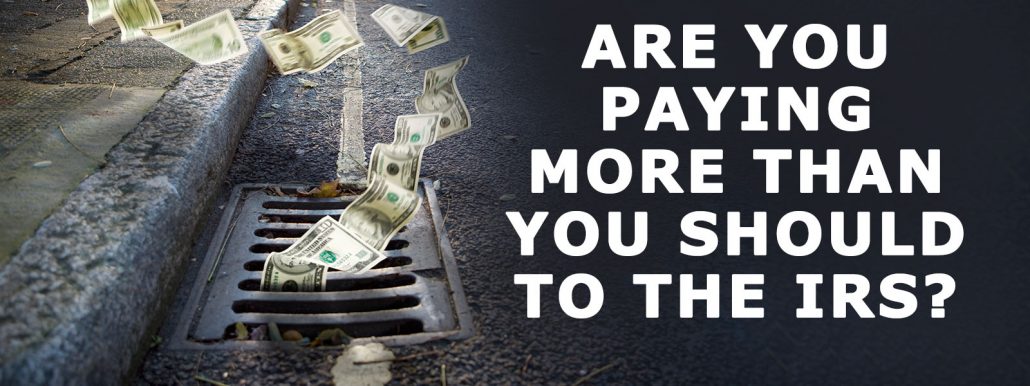Representation Of Tax Preparers And Other Tax Professionals
Tax professionals including CPAs, tax attorneys, enrolled agents, and unlicensed tax return preparers are subject to a myriad of penalties for conduct which the IRS deems to be problematic. Others such as actuaries and appraisers can also be subject to penalties. These penalties can be civil or criminal. The consequences of these penalties can be severe.
Internal Revenue Code § 6694(a) imposes the standards that tax preparers must follow. Prior to the 2007 amendment to this Section, tax return preparer penalties applied to a person who prepared for compensation, a federal income tax return or claim for refund. The penalties did not apply to any other types of returns such as employment or estate tax returns. The former Section also included a $250 penalty for an income tax return preparer who knew or reasonably should have known, of the position that caused the understatement due to a frivilous position or an undisclosed postion for which there was not at least a realistic possibility of being sustained on the merits. An income tax preparer engaging in willful or reckless conduct with respect to preparing an income tax return under the former Section was subject to a penalty of $1,000.
New Code §6694(a) as amended by the Small Business And Work Opportunity Tax Act of 2007 (the “Act”) extends to all types of federal tax returns, including estate and gift tax returns, employment tax returns, excise tax returns and returns of exempt organizations.
The Act now requires that the preparer have a reasonable belief that the tax treatment of the position is “more likely than not” the proper treatment. The penalty which can be imposed pn the preparer is the greater of $1,000.00 or 50% of the income dervived (or to be derived) by the preparer. For willful or reckless conduct, the penalty which can be imposed on the preparer is the greater of $5,000.00 or 50% of the income dervived (or to be derived) by the preparer.
The preparer’s employer, firm or entity may also be subject to the While these may not seem like large amounts, if this penalty is assessed IRS employees are instructed to report the income tax return preparer to the IRS Office of Professional Responsibility (the “OPR”).
A preparer who is referred to the OPR may be subject to suspension, disbarment, or censure. Therefore it is critical that if an IRS agent even suggests the possibility of a penalty being imposed that the income tax return preparer immediately obtain advice from a tax attorney to determine how to proceed.
Other civil penalties that can be imposed against income tax returns preparers include:
- Failure by an income tax preparer to sign a required return. IRC § 6695(b).
- Failure by an income tax return preparer to furnish a required taxpayer identification number. IRC § 6695(c).
- Failure by an income tax return preparer to furnish a copy of the tax return to the taxpayer. IRC § 6695(a).
- Failure by an income tax return preparer to retain a completed copy of the return or a record of the taxpayer’s name, identification number, taxable year, and type of return prepared. IRC § 6695(d).
- Failure by an income tax return preparer to comply with the due diligence requirements with respect to determining a taxpayer’s eligibility for, or amount of, the earned income credit. IRC § 6695(g).
- Aiding and aiding and abetting the understatement of a tax liability. IRC § 6701.
- Disclosing or using any tax return information other than to prepare or assist in preparing the taxpayer’s return. IRC § 6713(a).
With all of these penalties there is a substantial possibility for a referral to the OPR with the threat of suspension, disbarment and/or large fines. In addition, as part of any IRS investigation the IRS may and probably will contact current and former clients. The knowledge by clients that the IRS is investigating a tax return preparer will likely have a devastating impact on the livelihood of the preparer. Just one more reason why a tax return preparer who learns of an investigation should immediately retain a tax lawyer to represent him. Of course, the IRS can also seek criminal penalties for sufficiently egregious conduct.
Even without bringing a criminal prosecution the IRS may seek to enjoin an income tax return preparer engaging in specific abusive practices or from acting as an income tax return preparer. IRC § 7407(a). An injunction may be issued if a court determines that the preparer has (1) engaged in conduct subject to a preparer penalty under §6694 or §6695, (2) engaged in conduct subject to a criminal penalty under the Internal Revenue Code, (3) misrepresented his eligibility to practice before the IRS, (4) misrepresented his experience or education as a preparer, (5) guaranteed the payment of any tax refund or the allowance of any tax credit, or (6) engaged in any other fraudulent or deceptive conduct that substantially interferes with the proper administration of the tax law; and that injunctive relief is appropriate to prevent the recurrence of such conduct.
Appraisers can also be subject to penalties. Internal Revenue Code § 6695A imposes a penalty on a person who prepares an appraisal that results in a §6662 substantial or gross valuation misstatement if the person knew or reasonably should have known that the appraisal would be used in connection with a return or refund claim. This penalty can be as much as 125% of the fee received for the appraisal.
If the IRS is considering a penalty against you as a professional you should seek immediate assistance from a qualified tax attorney at this earliest possible time.
For prompt evaluation of your case, we encourage you to contact us using our toll-free number at 866.494.6829 or send us an email.














 Follow
Follow Follow
Follow